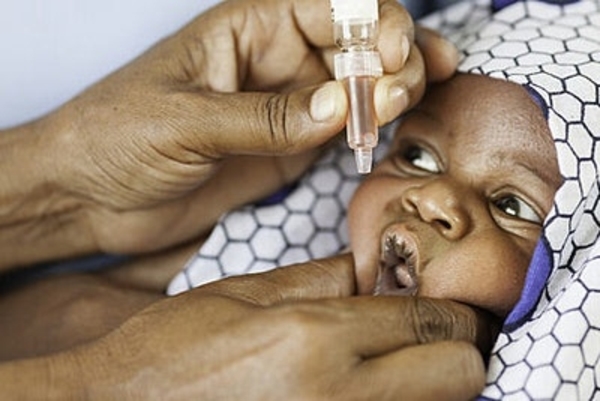Planning and Managing Global Health Programmes: Promoting Quality, Accountability and Equity
Add to Favourites
Price:
2362 EUR
Contact
Johns Hopkins University
Description
Discover the inner workings of how to plan and manage a global health initiative
Planning and managing a global health initiative involves a complex set of issues. At every level from global to national and sub-national, there are a wide range of considerations to take into account.
Using the polio eradication effort as a case study, you’ll address the foundational concepts, theoretical frameworks and practical details involved within this complicated process.
Identify the logistical details of an effective global health programme
Planning and managing a global health initiative involves many steps and many actors.
These include establishing a robust supply chain, addressing corruption, thinking about the intersectionality of poverty and gender and considering how the programme may advance or hinder the larger goal of health equality.
Using the global polio eradication initiative as a case study, you’ll explore all of these stages and will decipher how to address each of them within the context of global health.
Discuss the best practices for human resources management in disease control programmes
You’ll also learn about how to acquire, train and deploy appropriate human resources to each individual stage of the global health programme, and will again use the polio eradication effort to put this into context.
Learn from the experts at the Johns Hopkins School of Public Health
Convening the Synthesis and Translation of Research and Innovations from Polio Eradication (STRIPE) - a project bringing together polio experts from around the world - you’ll be learning from the best minds at the Johns Hopkins School of Public Health; a leading global institution in healthcare, as well as global health experts from STRIPE partner institutions.
Many lecturers who teach the course are partners as part of STRIPE, and these partnerships are recognised within every lecture.
This course is for people working on or who are aspiring to work on global infectious disease control programmes and health initiatives.
This may include those working for non-governmental organisations (NGOs), public health agencies and academic institutions.
Specific details
Category of Education
Medicine and Healthcare
